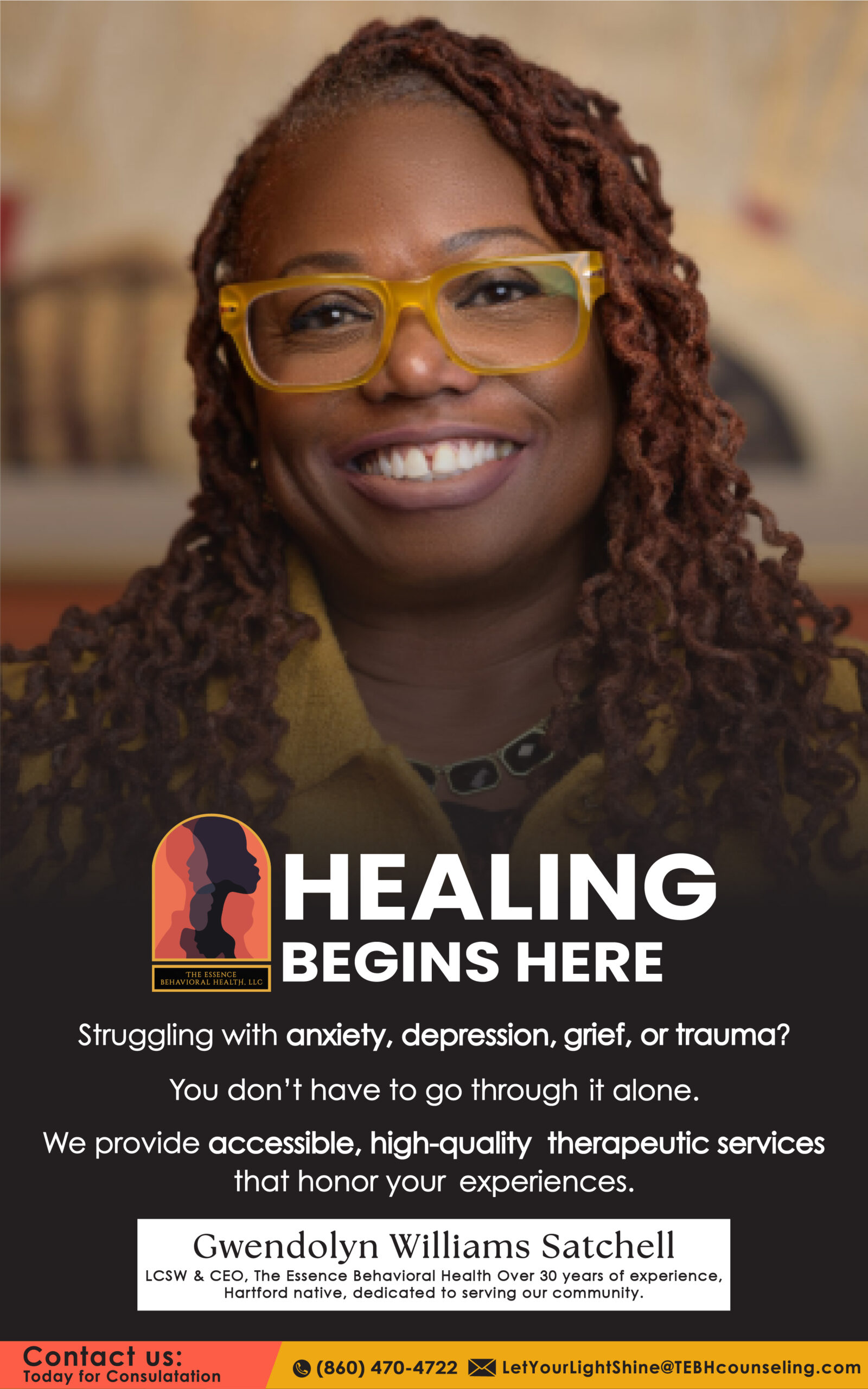By Nick Fultun, PRISM
This summer, as Washington, D.C., prepares to host World Pride, a massive annual international event that coincides with the 50th anniversary of the city’s Pride celebration, organizers are calling on the global LGBTQIA+ community and its allies to unite in a powerful show of solidarity—and this year, they have a clear message.
“I’ll be damned if I let white supremacists push me out of my place,” said Preston Mitchum, a Washington, D.C.-based attorney, activist, and advocate.
World Pride, which attracted around 5 million attendees when it last came to the U.S. in New York in 2019, will take place in Washington, D.C., under the thumb of a conservative White House, Congress, and Supreme Court. Numerous events starting in mid-May will lead up to the parade on June 7 and a march and rally on June 8.
The host city for World Pride celebrations is determined far in advance; Washington was chosen almost three years ago to be this year’s venue. Since that decision in 2022, the site of U.S. policy-making has changed dramatically and in a direction that organizers say should be concerning.
“I definitely anticipate this year, with the heightened concern around our freedoms, there’ll be a lot of things people have to say. We’re looking at creative ways for folks to feel safe,” said Ryan Bos, executive director of the Capital Pride Alliance, the organization that was selected to put on the international Pride celebration this year.
The obstacles facing World Pride organizers and partner events carry political, financial, and logistical weight. In recent weeks, corporate sponsors of the event have pulled commitments to World Pride, including Booz Allen Hamilton, Deloitte, and Comcast. This comes on the heels of President Donald Trump’s campaign to dismantle the prevalence of diversity, equity, and inclusion (DEI) programs and initiatives. The president has even threatened to block mergers needing approval from the Federal Communications Commission if companies promote DEI policies.
Capital Pride Alliance confirmed that while sponsorships have been pulled, the organization is still hitting its financial goals with the support of new funding from first-time and returning sponsors.
The barriers for a gathering of this magnitude are deeper than dollars and cents, according to some international organizations, which say they are not confident in the safety of an event hosted just miles from a White House that has made attacking trans folks a bedrock of its policy platform. On March 17, the African Human Rights Coalition, an African LGBTQIA+ advocacy group, called for a formal boycott of World Pride, citing that the U.S.’s “antagonistic fascist regime … presents distinct dangers to foreign LGBTQI+ attendees.” Those who are knee-deep in planning events for this June validate fears and hesitations from people considering a trip to Washington.
“I can’t stand here and negate feelings. Everyone’s watching the same things in the news. We understand the fear. Especially us here in D.C., because we’re living in the middle of it,” said Kenya Hutton, president and CEO of the Center for Black Equity, the organization that plans D.C. Black Pride.
People planning to attend this year’s events are not just concerned about a hostile government; they also fear the genuine possibility that an outside individual could feel empowered to physically harm them.
“We don’t know what to expect from not only the Trump administration, but we don’t know what to expect from everyday people who may feel emboldened to be anti-LGBTQ,” Mitchum said.
The continual rise in hate crimes targeting LGBTQIA+ folks validate this concern. Recent data from GLAAD indicates that an average of 2.5 anti-LGBTQIA+ incidents occurred every day in 2024.
Organizers haven’t discredited people’s hesitation toward attending Pride celebrations in a city so closely entwined with an oppressive political regime. But they have also emphasized what showing up means at this moment.
“We need our community, if able and comfortable, to come out and support,” Hutton said. “We’re going to have to really be able to wear multiple hats, be in a space of celebration and queer joy and Black queer joy, but also be ready to pick up signs and protest and activate.”
The roots of Pride celebrations are inextricably linked to protest. And this origin story for Pride will be all the more prevalent this year, according to Raquel Willis, co-founder of the Gender Liberation Movement, an organization that rallied thousands of attendees in September for the inaugural Gender Liberation March in Washington, D.C.
“We can’t have discussions about any kind of Pride observance without acknowledging the radical roots of our community. We have a long history of fighting against state violence, whether we’re talking about the Stonewall riots or we’re talking about ACT UP demonstrations in the ’80s,” Willis said. “So I hope that folks will continue to come together and build methods of survival in this time.”
That spirit of resistance, a through line for queer movements for decades, is one that the Capital Pride Alliance hopes to capture in this year’s events as it prepares for all eyes to be on Washington, D.C., this June.
“We are navigating the challenges in front of us to ensure that we will have a safe and successful World Pride that meets this moment in history and time,” Bos said.
But the lessons from a history of protest should not just be applied during this summer’s international gathering, but rather in every space and place where persecution persists, Willis said. This is not the first or last chance to stand up against oppression.
“Every year, Pride should be a resistance. Because regardless of who is in the Oval Office or which political party has more seats in Congress, we still have scores of Black and Latina trans women who are murdered every year. We still have trans youth who die by suicide, and we still have overwhelmingly a sidelining and erasure of trans leadership,” Willis said.
This editorial was originally published in Prism.





